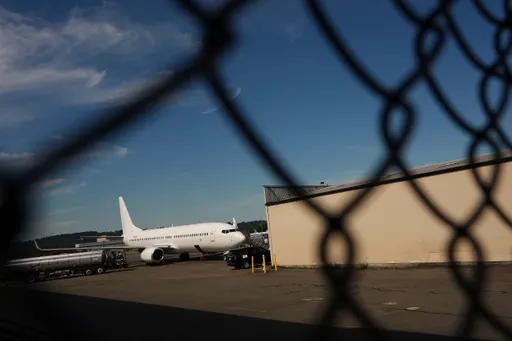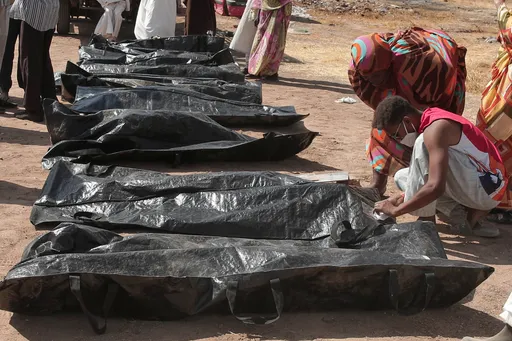The international community does not grasp the seriousness of the crisis ravaging Sudan after more than a year and a half of civil war, a high-level UN official warned on Monday.
The diplomatic efforts "are not commensurate with the needs", said Mamadou Dian Balde, who is coordinating the United Nations refugee agency's response to the Sudan crisis.
"I don't think the world realises the gravity of the Sudanese crisis", nor its impact, Balde told AFP in an interview at UNHCR's Geneva headquarters.
As the year draws to a close, the UNHCR and its partners have received just 30% of the $1.5 billion they had requested for a regional plan to support millions of Sudanese refugees in 2024, he said.
'Enormous' needs
And yet, "the needs are enormous".
The war between the paramilitary Rapid Support Forces (RSF) and the regular army, which erupted in mid-April 2023, has claimed the lives of thousands of people.
The conflict has also pushed some 12 million people to flee their homes, causing what the UN has described as one of the worst humanitarian disasters in recent memory.
In 20 months of conflict, 3.2 million people have already fled Sudan, while more than 8.6 million have been displaced inside the war-hit country.
'Global problem'
There are also more than 264,000 refugees from other countries who have been displaced by the conflict but remain inside Sudan, UNHCR said.
Balde cautioned that Sudan was also the scene of the world's "biggest protection crisis."
Both sides in the conflict stand accused of using hunger as a weapon of war, blocking or looting humanitarian aid and of committing serious abuses, including torture and sexual violence.
Balde lamented the misconception that the war raging in Sudan is a regional crisis, when in fact it has created "a global problem."
More crossings
He pointed out that many of the people fleeing the conflict were travelling beyond neighbouring countries, with some 60,000 people "having already reached as far as Uganda", to the south of South Sudan.
"So you can only imagine how many will come to Europe if this continues," he said.
UNHCR has become increasingly concerned about the large numbers of people fleeing over the southern border into South Sudan, spokesperson Olga Sarrado said.
While the daily average until recently had been around 800 people crossing per day, up to 40,000 had crossed in the past two weeks alone, she said.
Make it stop
Until now, people fleeing from Sudan into South Sudan were housed in camps.
But UNHCR now wants to move towards a new "urbanisation" strategy, through a partnership with UN Habitat, Balde said.
"We do not want to create new camps, because camps are generally very expensive and very difficult to maintain," he said.
Highlighting the sheer scale of the crisis, the high-level official called for the UN Security Council and states with influence on the parties to the conflict to "make it stop."
'Question of peace'
"This is not only a humanitarian question," he said.
"It is a question of peace, it is a question of stability and development."
➤Click here to follow our WhatsApp channel for more stories.



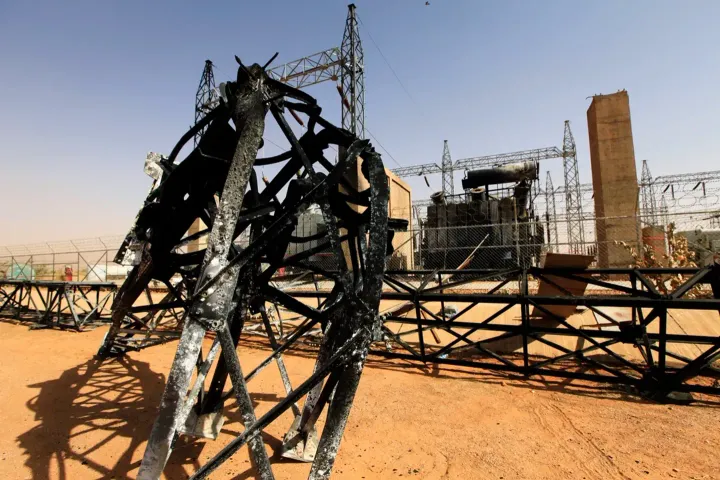






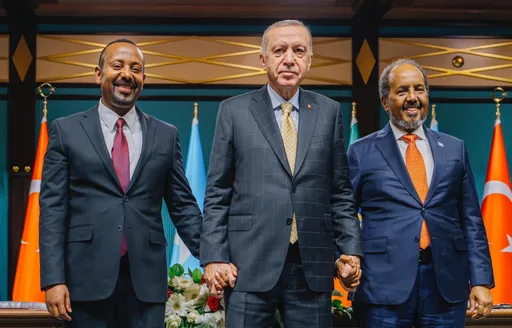


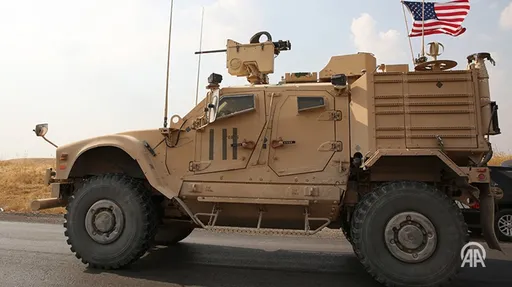
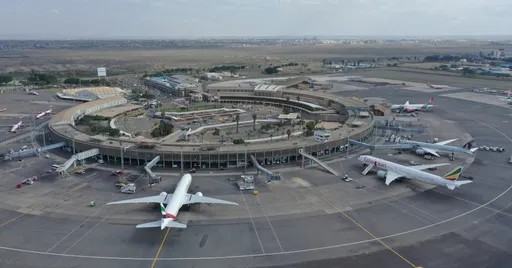
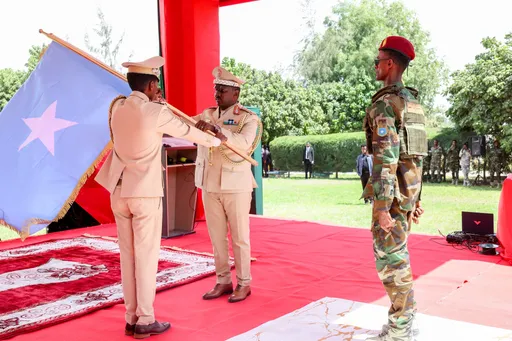
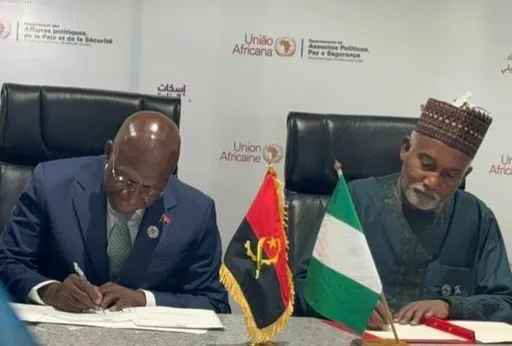
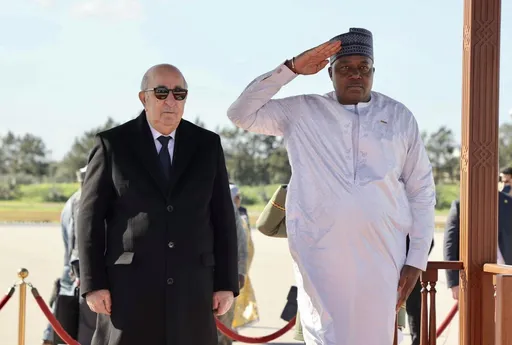
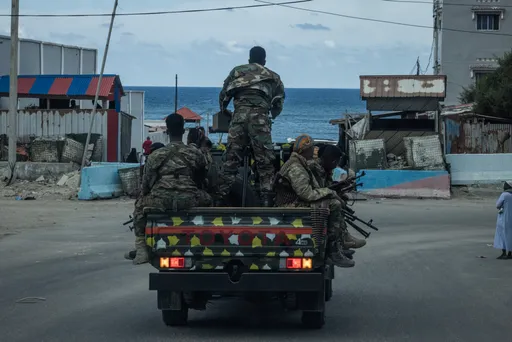

.JPG?width=512&format=webp&quality=80)



